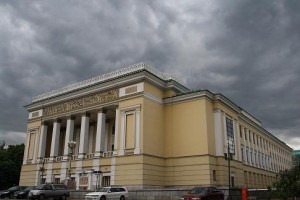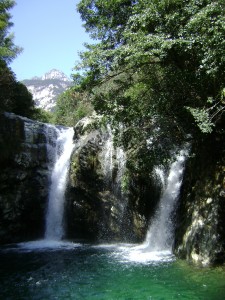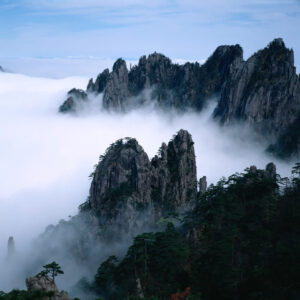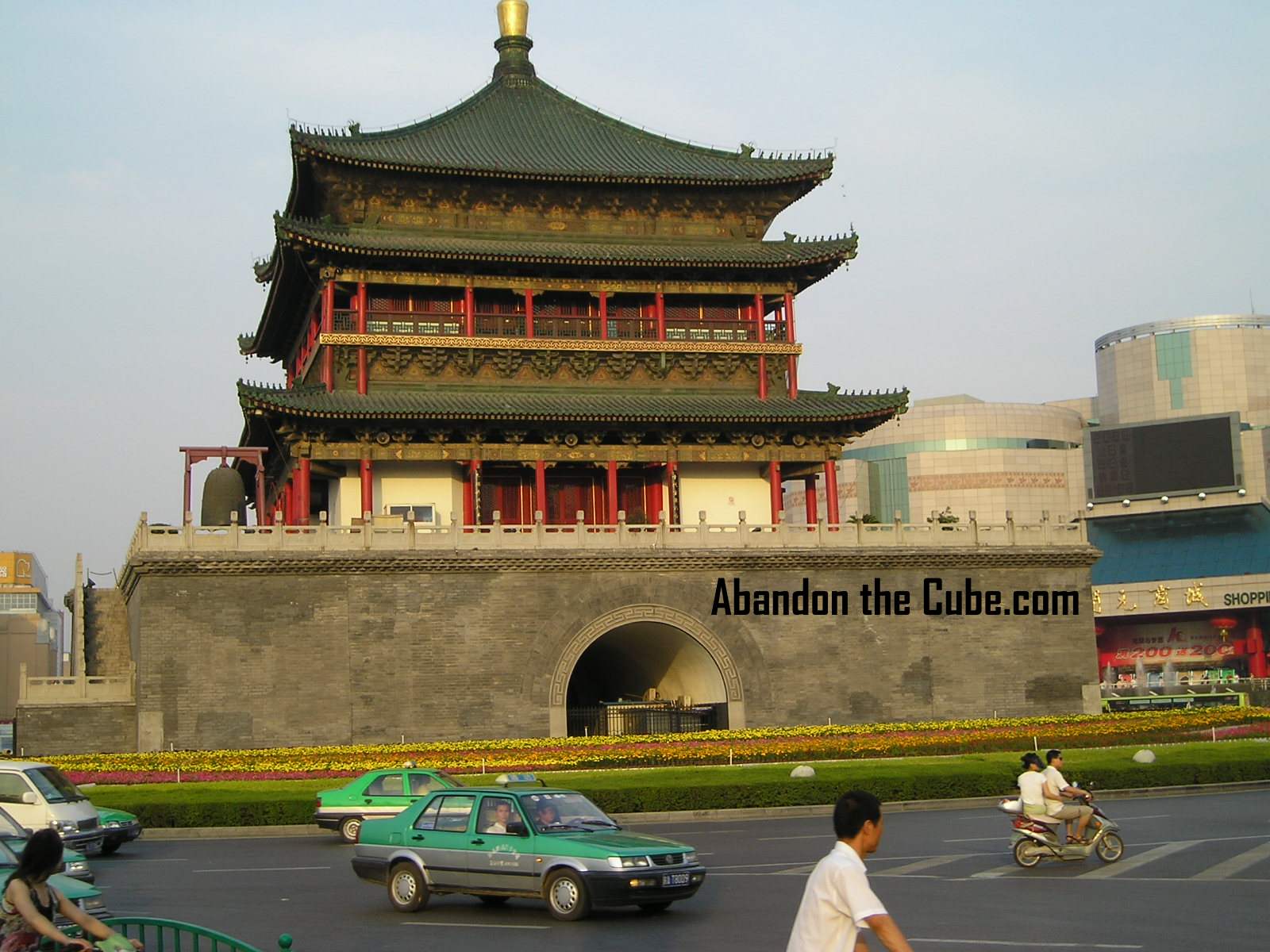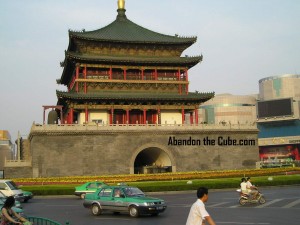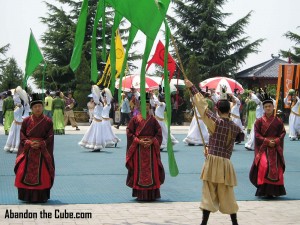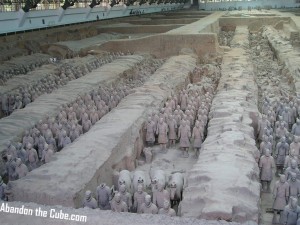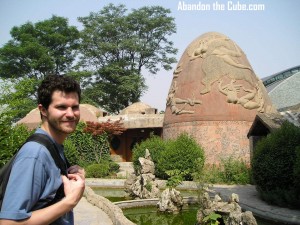Packing for Several Months on the Road
Top Five Things I Wish We’d Brought
• More carabineers. So far, carabineers and rope have been two of the most useful items in my pack. On the 48 hour train we needed the rope to secure the guitar to my travel pack, I locked it in place with two of the carabineers. I used a third carabineer to lock the food bag to my pack. All of the carabineers are also lockable, so everything is secure and safe. If we had another rope and a few more carabineers I would have used the rope on the top bunk to construct a mini table to preserve space and to set the laptop on. Laugh all you want, but when you are confined to a bed that is only one foot wide adding a tiny rope table to put your bag on would make you smile from ear to ear!
• Face-soap. One of the most irritating things about getting ready for bed on a moving train is that it is hard to get out soap and wash your face because there is no where to put the soap down without losing it via slippage or getting it filthy. I wish I had brought some of those individually wrapped, pre-moistened face washing cloths that you can toss afterwards.
• Video-recorder. While this is bulky and we are already traveling with an excess of electronics, it would be nice to capture the absolute silence of Lake Karakul, or the breathtaking majesty of the Tian Shan Mountains.
• Lens-cleaner. Dust storms, sand storms, rain, hail, smoke and smog have all induced my camera lens into looking like a streaky, splotchy mess. The same goes for my glasses and sunglasses, and for Mike’s laptop screen.
• Less stuff. Our bags are too heavy and there are items in our bags we don’t actually need. We’ll be leaving a large portion of our stuff in Turkmenistan once we arrive.
Top five most useful things we brought
• Pillow. I am so happy I brought my pillow. I store it, when moving, in a compression bag so that it takes up very little space. Its made me so much more comfortable.
• Head scarf. Every woman on the train who isn’t Chinese is wearing one. I put mine on and it feels amazing, it holds my hair out of my face and keeps it untangled. Its also nice because it has stopped some of the staring.
• Laptop. While it adds extra weight, it is a real luxury to have a laptop along to get work done and also keep blogging and journaling. I discovered that I write very slowly by hand.
• Compression bags. While it makes for more space (and hence more weight in the bag) its great to be able to break down one weeks of clothing into a bag the size of a shoe box.
• Vitamins. We packed at least 1/8th of our bags with vitamins and medicine and already I’m glad we have the vitamins as the only food on the train is unhealthy and oily.
